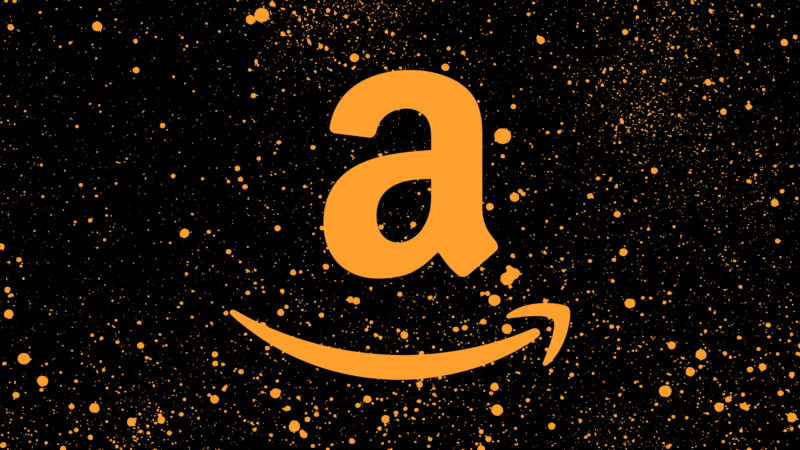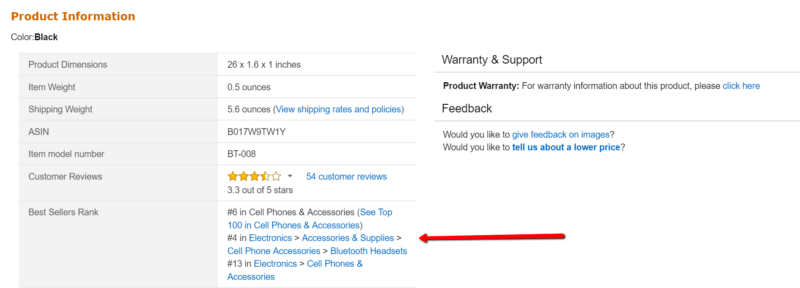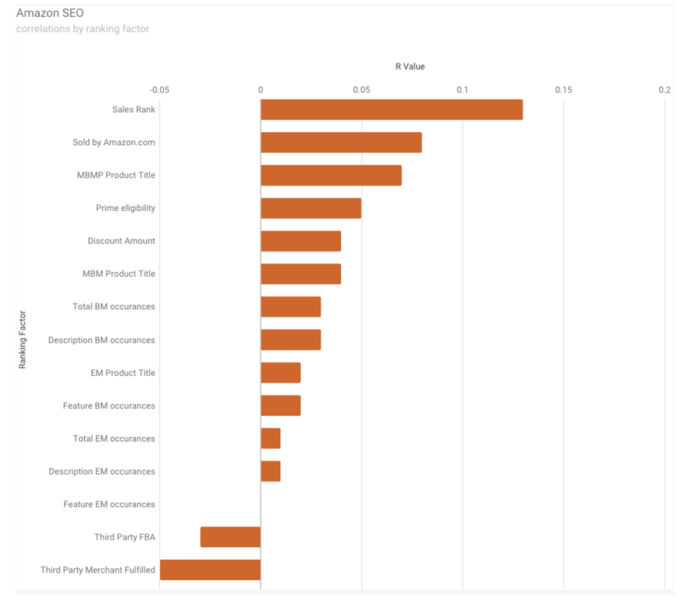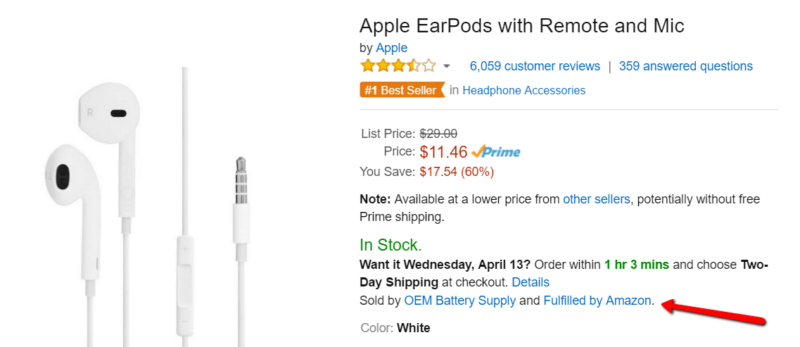Sales rank & fulfillment play a major role in Amazon search visibility
Much like Newton's First Law, a new study from Ripen eCommerce shows that products that sell better, tend to have better visibility in Amazon's search results.

Avid Amazon shoppers may notice some patterns when performing product searches on the retail behemoth. Better-selling products tend to show up at a more frequent clip. A new study from Ripen eCommerce looked at more than 344,936 unique products and 746,500 search results to find what high-ranking products have in common.

Amazon Best Sellers Rank
Of all of the items measured, the top correlation with high rankings was unequivocally a product’s Amazon Best Sellers Rank. This metric is assigned to a product across specific sub-categories and categories (if popular) and correlates with searches for a specific term. When performing the study, Ripen limited testing to the main departments offered from the high-level category drop-downs:

Each ranking factor in the study was given a relationship value (labeled R-value), and Amazon Best Sellers Rank topped the charts, and it wasn’t particularly close.

Cross-category search
What about when a search is performed across “All Departments?” The study did also suggest how Amazon displays products when an item fits two different main categories. Example: Headphones may be found in “Cell Phones & Accessories” and also in “Electronics.” The results displayed will pull a related item that is #1 in Electronics and also an item that is #1 in Cell Phones & Accessories. So the sample results may pull from both of the main categories:
- #1 in Cell Phones & Accessories > Cell Phone Accessories > Corded Headsets
- #1 in Electronics > Accessories & Supplies> Audio & Video Accessories >Headphone Accessories
So even when a category isn’t set (or defined for the product itself), the Best Sellers Rank still has a high correlation in the blended search results.
Fulfilled by Amazon
The other main finding from the report came from the fact that Amazon tended to prefer products that they sold. Of course, the availability of products from given sellers changes wildly, but Ripen found that products that were Fulfilled by Amazon had a correlation of ranking higher.

Could items fulfilled by Amazon sell better, thereby giving that product a higher Best Sellers Rank? You bet. Remember that this isn’t by any means a causative finding.
Keywords
The title, features and description were analyzed to see how the impact of keywords factored into a product’s ranking. The results were strong when located in the product title when matched at a broad modified aspect and on exact match. Description and feature keywords had lower, yet still positive correlations with product rank.
The full Ripen study breaks down the correlations by match type and location for a full view of how the best-ranked items are matching their queries.
So what hurts visibility?
You may have guessed it. Products that are not fulfilled or sold by Amazon (even if Prime-eligible) tended to perform worse in the search results. These were the only negative correlations that the study uncovered.
Conclusion
Products that sell well may continue to do so, so Amazon keeps them atop the search results. Oh, and if Amazon sells it, it tends to correlate to a better rank. With all this said, we’ve only hit the tip of the iceberg with the data, facts and findings from Ripen eCommerce. Grab a copy of the full Amazon Ranking Study for an in-depth look at factors that aid in Amazon’s rankings.
Opinions expressed in this article are those of the guest author and not necessarily MarTech. Staff authors are listed here.
Related stories
